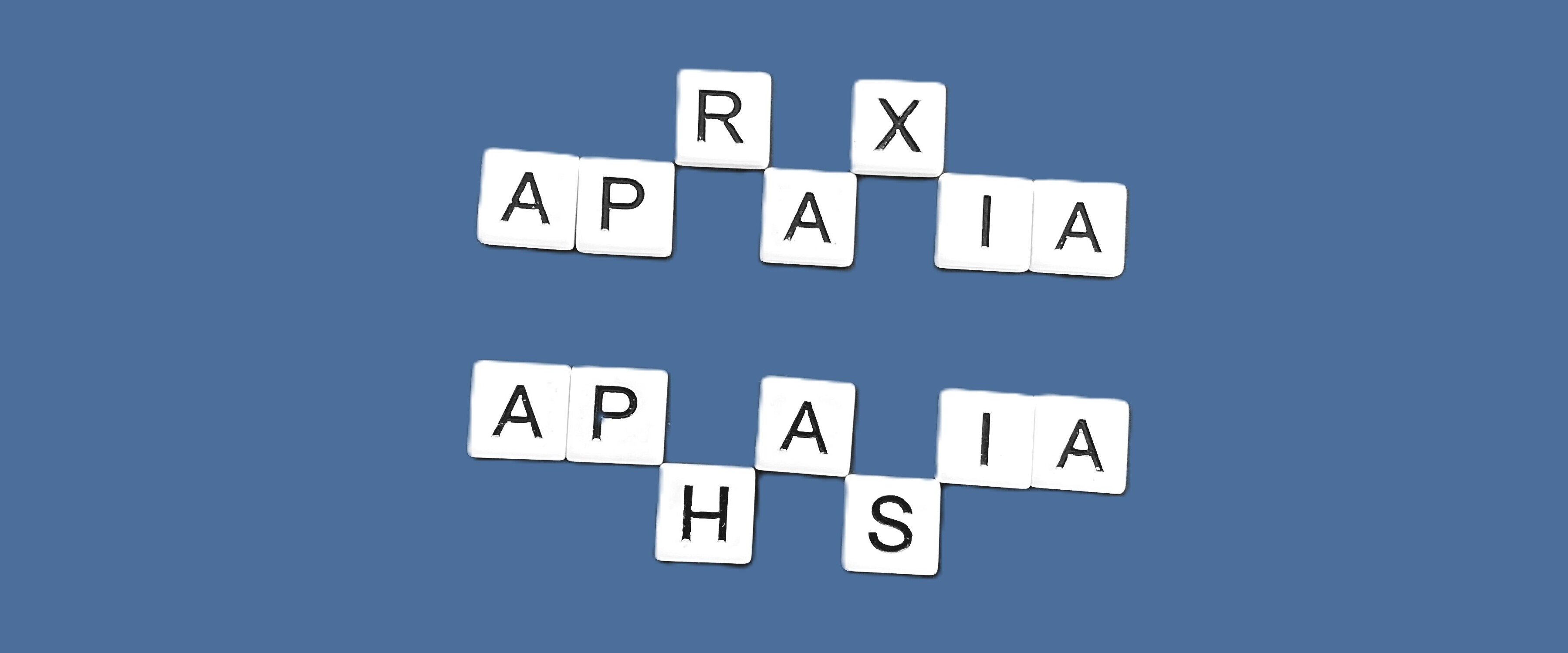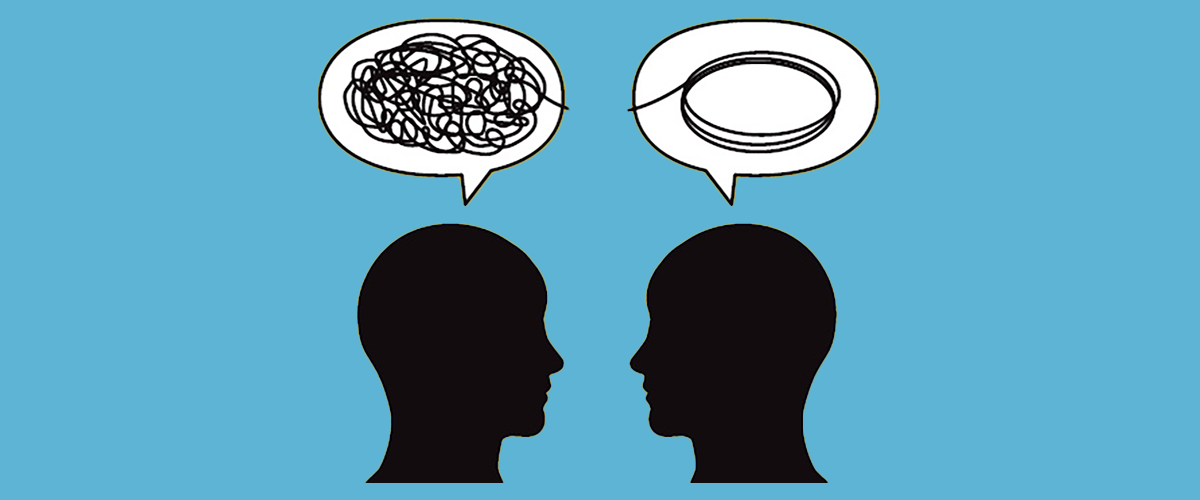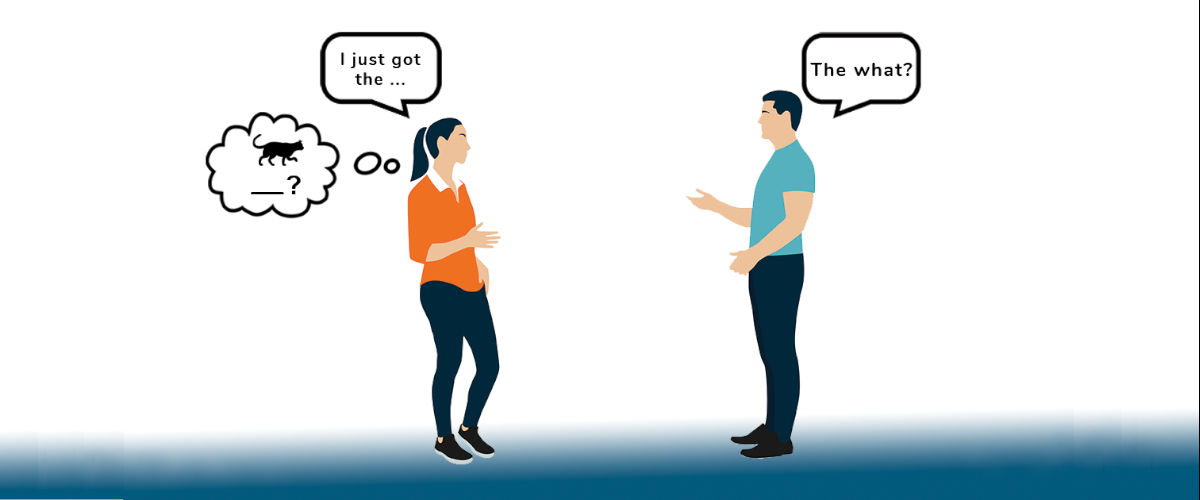Aphasia Articles
Childhood Aphasia
We tend to think of strokes, brain injuries and aphasia as something that happens to older people, but children can also have strokes or brain injuries that result in aphasia.Read more
5 Things to Know about Aphasia and Apraxia
“Aphasia” and “apraxia” can be easily confused. After all, they sound alike and look alike. While they have some similarities, they’re different disorders. Here are the important facts to know.Read more
3 Reasons Your Doctor May Tell You There is no Hope
Many families have been stressed by their speech therapist or neurologist telling them some version of “This isn’t going to get better” or “You’ll never talk again”.Read more
What Is Aphasia?
The left hemisphere of the brain has different ‘language centers’ that are all connected to each other and to other parts of the brain. If these language centers developed normally but are damaged by a stroke or TBI, aphasia can result.Read more
What Is Anomic Aphasia?
We all have those moments in which we suddenly can’t find the word or name we want to say, especially as we get older.Read more
3 Myths about Online Aphasia Therapy
Finding a good aphasia therapist can be difficult in the best of times. COVID-19 has greatly limited access to aphasia therapy rehabilitation services, so many families are looking for other therapy options.Read more
6 Things Families with Aphasia Need to Know
Many families with aphasia have similar experiences after their diagnosis. It's likely 'aphasia' isn't something you had ever heard of, but now your life revolves around it.Read more
What is Global Aphasia?
Many people with aphasia may begin with a global aphasia. As the most severe type of aphasia, global aphasia affects all language areas—reading, writing, speaking, and understanding about equally.Read more
6 Tips to Help with Aphasia Caregiver Burnout
As the caregiver in a family with aphasia, you're probably pretty familiar with being the chauffeur, nurse, spouse, housekeeper, speech therapist, cheerleader, occupational therapist, appointment maker, cook and everything else that aphasia entails.Read more
Finding Help for Isolation in Aphasia
If you're a family with aphasia, you may not know any other families like yours.Read more









